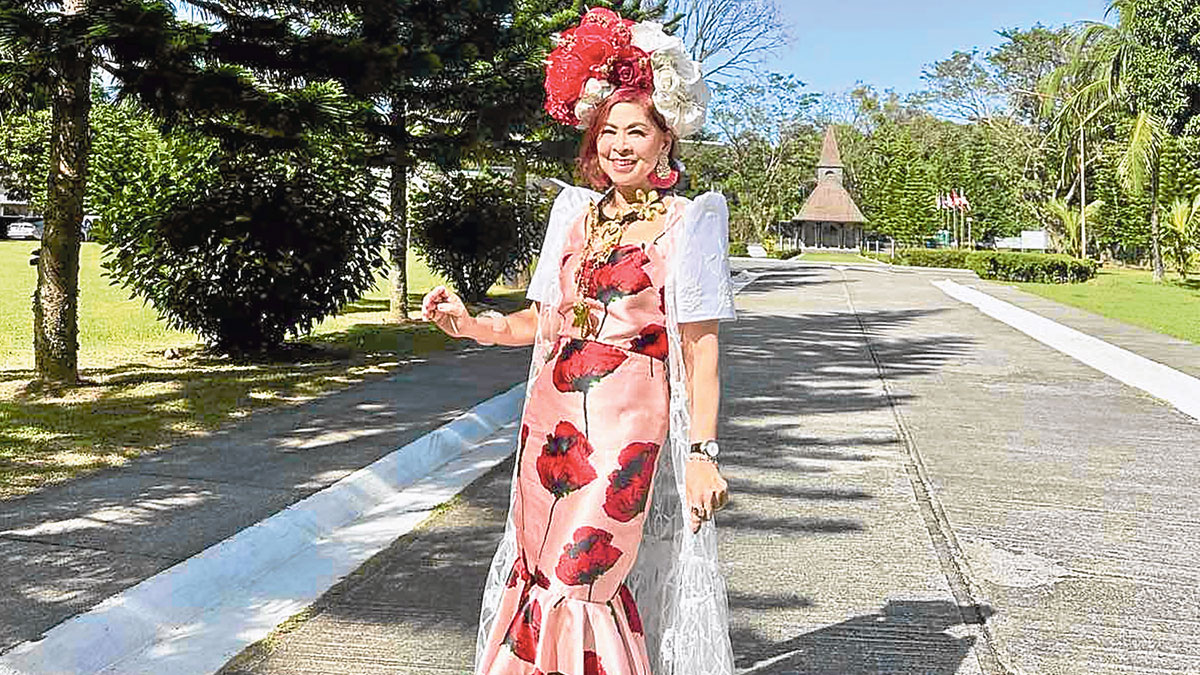A story by JoNel Aleccia that appeared on Vitals on msnbc.com said American doctors were concerned that bottled water could hasten tooth decay among children. This is because bottled water lacks fluoride that helps prevent tooth decay.
Aleccia mentioned the case of Amy Wilson, whose four-year-old son needed filling for six cavities. The mother of three could not understand how the boy could have tooth decay so early, since her kids did not have candy, gum or soft drink regularly.
When a dentist friend asked her if her children drank bottled water, Wilson understood what caused the problem. The dentist advised her to have her kids drink tap water, explaining that bottled water was not fluoridated. Wilson now gives her children filtered fluoridated water from the tap.
Aleccia said many dentists and government health officials suspected that giving children bottled instead of tap water was contributing to rising rates of tooth decay in American kids.
He quoted Jonathan D. Shenkin, spokesperson on pediatric dentistry for the American Dental Association, who said people should brush twice a day with a fluoride toothpaste, see the dentist twice a year for fluoride treatment, and get fluoride in the drinking water.
Shenkin said if people were not getting fluoride in the drinking water, it lessened the effectiveness of the other two in preventing tooth decay.
Aleccia added that the Centers for Disease Control and Prevention in the United States also warned that “bottled water may not have a sufficient amount of fluoride, which is important for preventing tooth decay and promoting oral health.”
So far, however, no formal studies had been done in the US documenting a clear link between bottled water and tooth decay.
Although fluoridation of public water supplies was hailed as a public health victory, Aleccia said many US communities had voted in recent years to stop adding it to local drinking water. Fluoride could cause tooth discoloration and bone weakness if ingested at very high levels for many years, experts said.
Federal regulators in the US had proposed setting recommended fluoride levels in drinking water, but they were still trying to find a balance between preventing decay without harming teeth and health, Aleccia reported.
It had been reported before that the use of bottled water was also being discouraged in the US—if clean, safe tap water was available—for environmental reasons. The millions of discarded water bottles were adding to the already serious problem of solid waste disposal. Some American government offices, it was reported, no longer gave out bottled water during meetings.
In the Philippines, both Manila Water and Maynilad regularly issue assurances that our tap water is safe. They also say they regularly check water quality to avert any problems.
That is good enough for me. Unless I am traveling, I just rely on my Brita portable water filter to eliminate the taste of purifying chemicals in tap water.
Feedback
Joey Salgado, Mayor Jun Binay’s public information consultant, allayed fears that Makati was easing up on its anti-smoking campaign. He said the mayor was as committed to the campaign as his father, Vice President and former Mayor Jojo Binay.
Salgado said the mayor had asked the City Council to amend the ordinance to expand coverage of the ban, and to consider increasing penalties.
For good measure, Salgado invites people with complaints about enforcement of Makati’s anti-smoking ordinance to e-mail the mayor’s office ([email protected]), or post their report on the discussion board of the city website (makati.gov.ph).
Send letters to The Consumer, Lifestyle Section, Philippine Daily Inquirer, 1098 Chino Roces Ave. cor. Mascardo and Yague Sts., 1204 Makati City; fax 8974793/94; or e-mail [email protected].









































